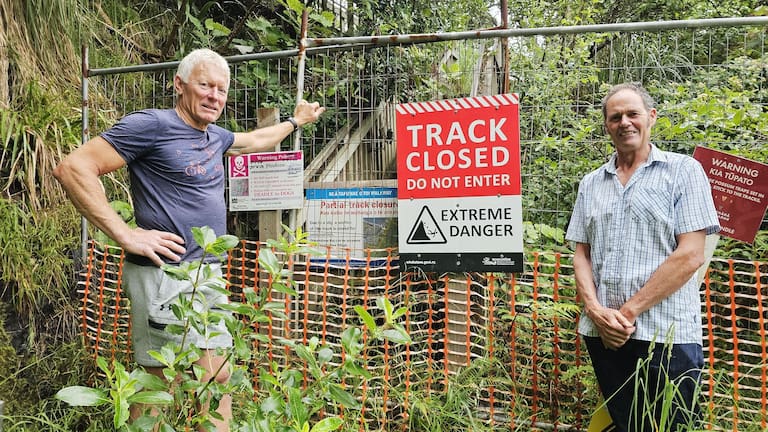Opposition parties have hit out at the Government's plan to increase scrutiny on emergency housing clients, with one leader expressing "grave concerns" for how it may affect Māori.
The Government today announced it would task the Ministry of Social Development with increasing scrutiny on those seeking to access emergency housing, including assessing whether people have "unreasonably contributed" to their need for emergency housing, and whether they've made a reasonable effort to find other housing.
It would also move families with children to the top of the social housing list if they have been in emergency housing for longer than 12 weeks.
In response today, Labour leader Chris Hipkins said discussion of eligibility criteria concerned him that the Government may use a "narrowing" of it "as a way of pretending that some groups of homeless people don’t exist".
Hipkins said emergency housing in motels should only have ever been a "short, stop-gap solution".

“The goal has to be to get people into sustainable, longer term housing. We have to recognise that many of the families [who] have ended up in motels have got complex needs that extend well beyond just not having a roof over their head.”
He said that could include drug and alcohol problems or family violence problems and housing didn’t make those go away but it could be the start of dealing with the broader problems.
Hipkins said the previous government would not have had to use motels if there had been enough public homes to house people, but the previous National government sold state houses.
He said the Labour Government built "thousands more" and said current Housing Minister Chris Bishop was the same minister who, in Hipkins' opinion, was bringing building state houses "to a grinding halt".
Hipkins said emergency housing was both a right and a responsibility.
"The right to have a roof over your head is a pretty important one but it comes with responsibilities too."
Greens social development spokesperson Ricardo Menendez March said if the Government was serious about moving families into public housing, it would build more houses so there was somewhere for those people to go.
"The shameful reality is that many children are being raised in hotels and backpackers in our country. The Government will make this issue worse by adding more barriers for people to enter secure, permanent public housing."
He said instead of "finding more reasons to kick people out onto the streets", the Government should invest in public housing and provide adequate income support to those without a safe home to live in.

Te Pāti Māori co-leader Debbie Ngarewa-Packer said she was confident the Government had no commitment to poor people.
She said she could see no solutions on housing from the Government, but a focus on “top-feeders” who she said was “multiple homeowners and landlords”.
Co-leader Rawiri Waititi said the last Government “at least had a Māori Housing Minister".
"So we are squeezed out of any decisions being made when it comes to Māori and housing. I have grave concerns.
"The numbers for poverty here in Aotearoa haven’t changed — 100,000 people homeless, 60,000 of those are Māori."
The Government's announcement included Associate Housing Minister Tama Potaka saying the policy would have a "social investment lens" which would include considering "innovative options like social bonds".
Deputy Labour leader Carmel Sepuloni said: “It sounds to me like National is content with more rough sleepers and people with nowhere to go."
She said National wouldn't commit to building more social housing beyond 2025 but was adding to the workload of the Ministry of Social Development front line while cutting their budget.
“The people we are talking about who need a home are vulnerable. Some will be leaving tough or dangerous situations, some will have disabilities or mental health conditions. Very little information has been released about what the impact on these people will be. It is not good for anyone – the person, MSD or the public – if people are turfed onto the streets.
“The numbers in emergency housing have been trending down because the previous government was building social houses, had increased the number of public home places and increased funding for housing support to stop people falling into homelessness. National must commit to continuing the work Labour was doing.”
1News has approached the National Party for more information on what social bonds would entail.



















SHARE ME